10 Pitbull Health Problems You Should Know in 2025 — Tips
If you own a Pitbull and want to protect its long-term health, learning about pitbull health problems is essential—this guide explains common signs, causes, and practical steps to prevent and manage health issues for pitbulls so your dog can live a longer, happier life.
Overview: Why Pitbull Health Matters
Breed traits and common risks
Pitbulls are strong, muscular dogs with high energy needs.
Despite a sturdy build, many pitbull dog health issues are genetic or related to lifestyle.
Early detection of pitbulls health issues makes treatment simpler and more effective.

Bone and Joint Problems
Hip dysplasia
Hip dysplasia is a common pitbull health problem where the hip joint develops abnormally.
Signs: hind-leg stiffness, trouble rising, reluctance to jump or climb stairs.
Prevention: keep a healthy weight, avoid excessive high-impact activity in puppies, and use joint supplements when advised by a vet.
Knee issues and patellar luxation
Knee problems, including patellar luxation and ligament tears, can cause sudden limping.
Signs: skipping gait, sudden lameness, pain when the dog moves.
Treatment ranges from rest and physical therapy to surgical repair for severe cases.
Lameness and muscle loss
Chronic lameness may indicate arthritis, nerve damage, or metabolic issues.
Regular exercise, balanced nutrition, and vet follow-up help preserve muscle mass.
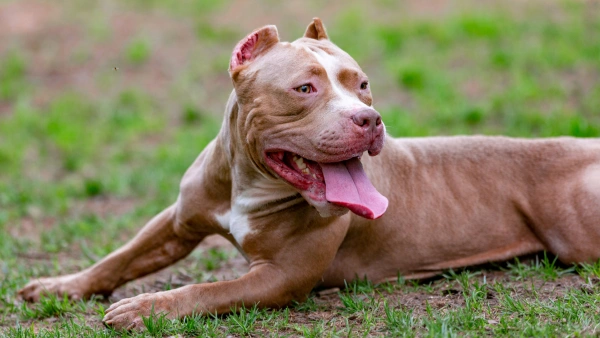
Heart and Metabolic Conditions
Heart disease
Pitbulls can develop heart conditions such as valve problems or cardiomyopathy.
Watch for persistent coughing, fatigue with exercise, or breathing trouble.
Veterinary diagnosis and medication can manage many heart issues; routine cardiac checks are important.
Hypothyroidism and obesity
Low thyroid function leads to weight gain, dull coat, and low energy—this is a common pit bull health issue.
Blood tests diagnose hypothyroidism; medication and diet control help manage it.
Keep your pitbull at an ideal weight to reduce strain on joints and heart.
Eye and Ear Conditions
Cataracts
Cataracts cause cloudy eyes and impaired vision, especially in older dogs.
Surgery can often restore vision when needed and appropriate.
Ear infections (otitis)
Ear infections are a frequent pit bull health problem due to allergies, moisture, or ear shape.
Signs: head shaking, scratching at ears, foul odor or discharge.
Keep ears clean and dry; seek vet care for recurrent infections.
Skin and Allergy Issues
Food and environmental allergies
Allergies are among the most common pit bull health issues.
Triggers: certain proteins (chicken, beef), dust mites, pollen, and fleas.
Signs: persistent itching, red skin, hair loss, and hot spots.
Management: trial of a limited ingredient or hypoallergenic diet, strong flea prevention, and vet-approved topical care.
Demodectic mange (mite infection)
Caused by overgrowth of Demodex mites, leading to crusting and hairless patches.
Treatment includes topical or oral anti-parasitic medication from your vet.
Ichthyosis and dry skin conditions
Some pitbull lines can show genetic dry skin or scaly conditions.
Support skin health with omega-3 supplements and mild moisturizing products.
| Skin Condition | Signs | Basic Care |
|---|---|---|
| Allergies | Itching, redness, hair loss | Diet trial, flea control, hypoallergenic shampoo |
| Demodectic mange | Patches of hairless skin, crusts | Vet-approved mite treatments |
| Ichthyosis | Thick, scaly skin | Omega-3s, moisturizers |

Everything Our Vets Recommend
Digestive and Gastrointestinal Problems
Diarrhea and food intolerance
Pitbulls can react to sudden diet changes, spoiled food, or parasites.
Short-term management: fast 12 hours, then introduce bland food; see a vet if symptoms persist or include blood.
Gastric dilatation-volvulus (GDV or bloat)
GDV is an emergency where the stomach twists and fills with gas—this is life-threatening.
Signs: abdominal swelling, retching without producing vomit, severe distress.
Prevention: feed smaller meals, avoid heavy exercise around meal times, and seek immediate vet care if suspected.
Neurological and Genetic Conditions
Cerebellar ataxia
This inherited condition affects coordination and balance in some bloodlines.
Signs: unsteady gait, head tremors, difficulty walking straight.
Management is supportive: physical therapy, safe home environment, and vet guidance.
Dental and Oral Health
Dental disease
Pitbulls often develop plaque, gum disease, and broken teeth if oral care is neglected.
Prevention: brush teeth weekly, offer dental chews, and schedule professional cleanings as advised by your vet.
Practical Prevention & Daily Care
Routine checks and vet visits
Schedule at least annual veterinary exams and blood work, more often for older dogs.
Discuss breed-specific screening such as hip x-rays if recommended by your vet.
Nutrition and weight management
Select high quality food appropriate for activity level—avoid overfeeding.
Consider foods with omega-3s and joint support ingredients for dogs at risk of joint disease.
Exercise and mental stimulation
Regular, moderate exercise builds strong muscles and supports joint health.
Avoid repeated high-impact exercise in young puppies whose joints are developing.
Pitbull Health Problems FAQs
What are the most common health issues for pitbulls?
The most common pitbull health problems include hip dysplasia, skin allergies, ear infections, heart conditions, and thyroid issues. Regular vet care helps catch these early.
How can I prevent pit bull health issues?
Maintain a healthy weight, feed a balanced diet, provide regular exercise, and schedule annual check-ups. Preventive care and early detection are key.
Are pitbull dog health issues genetic?
Some conditions, like hip dysplasia and certain skin diseases, have genetic links. Choose reputable breeders who screen their dogs for common inherited conditions.
When should I see a vet?
See a vet for persistent issues such as ongoing itching, limping, coughing, vomiting, or sudden behavioral changes. Early diagnosis improves outcomes.
Summary
Understanding pitbull health problems helps you protect your dog from common and serious conditions. Focus on prevention: proper nutrition, weight control, routine vet checks, and careful grooming. Knowing the signs of health issues for pitbulls and addressing them early gives your dog the best chance for a long, healthy life.
You May Like:
- Pitbull Skin Issues: Vet Care, Prevention and Treatment
- Allergies in Pit Bulls — Causes, Symptoms, and Treatments
- 2025 Picks: Best Dog Food for Pitbulls with Skin Allergies
- Home Guide: How to Treat Flea Allergy Dermatitis in Dogs
User Comments
Does flea treatment kill ear mites too?
Can dogs take human probiotics?
Can dogs have people probiotics safely?
Related Articles
View all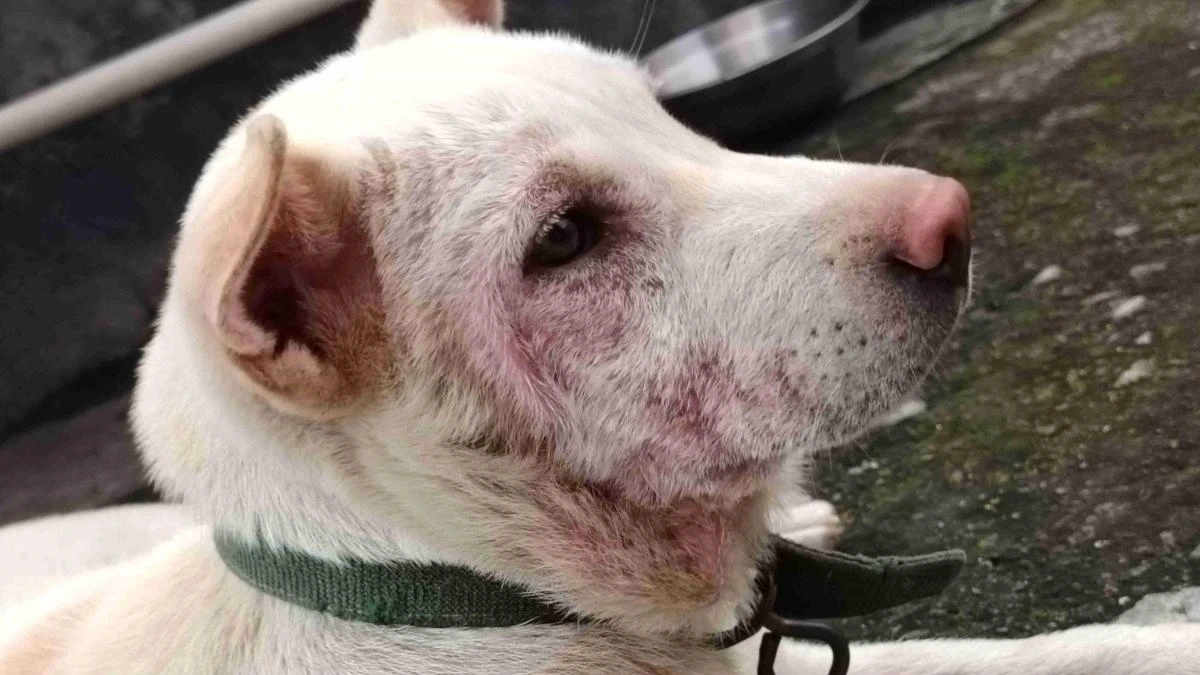
How to Get Rid of Dog Allergies Naturally: Common Mistakes

Dog Allergic Reaction Eye Swelling: Hidden Mistakes to Avoid
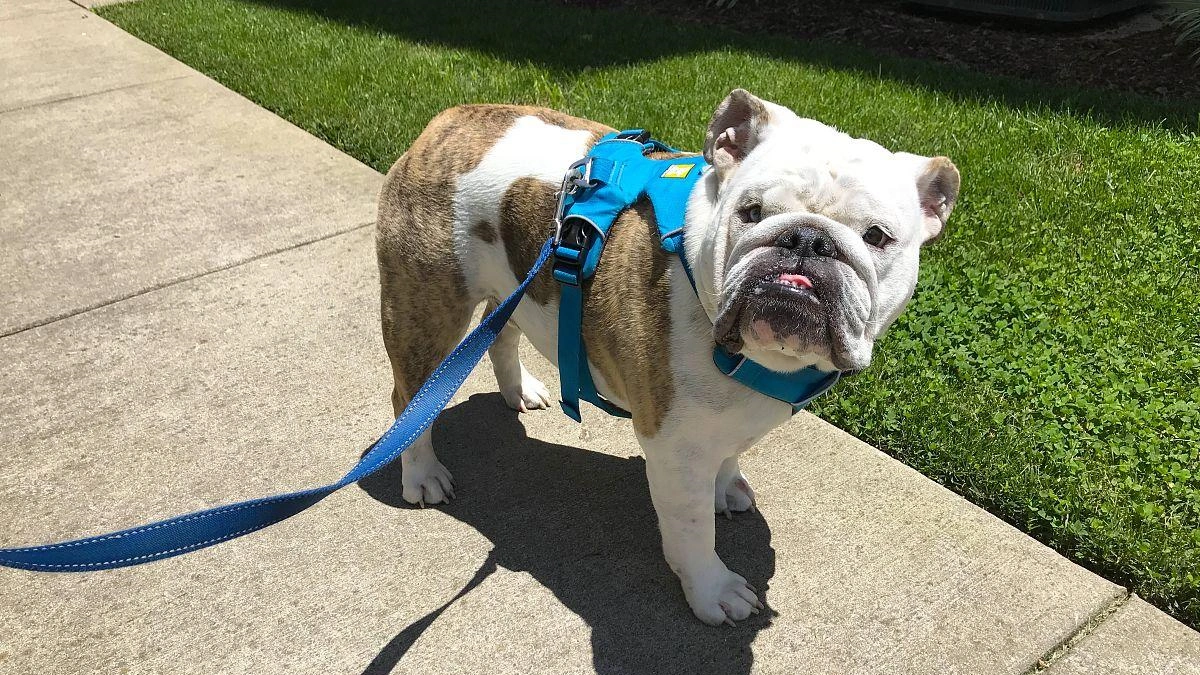
Why Do Bulldogs Scratch? Bulldog Skin Allergies Guide
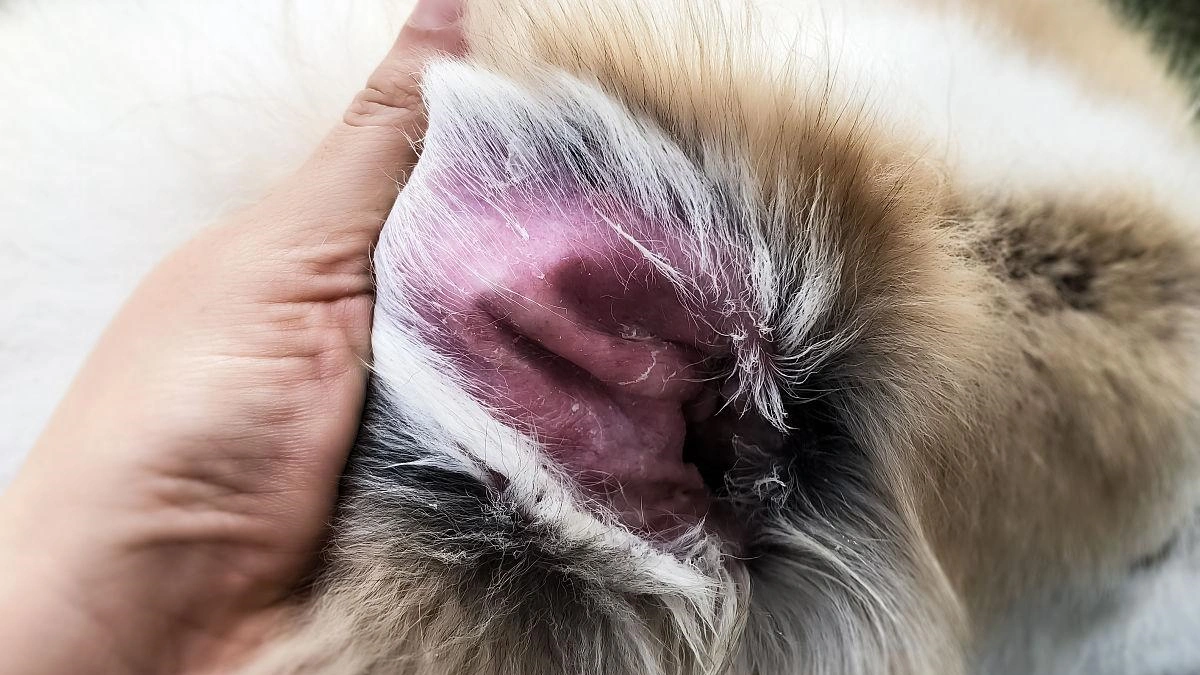
Cure for Dog Skin Allergies Owners Often Miss

How to Get Rid of Dog Allergies Naturally: Common Mistakes

Dog Allergic Reaction Eye Swelling: Hidden Mistakes to Avoid

Why Do Bulldogs Scratch? Bulldog Skin Allergies Guide

Cure for Dog Skin Allergies Owners Often Miss
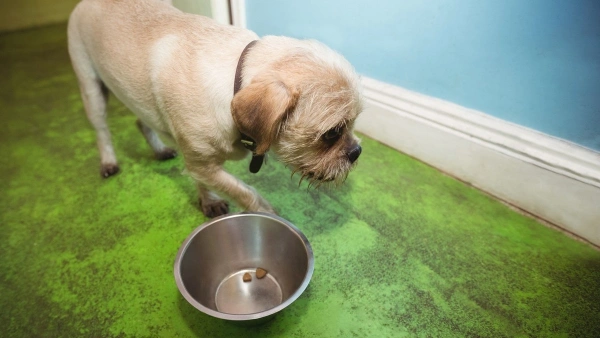
Vet-Recommended Wet Dog Food for Sensitive Stomachs — 2025 Guide
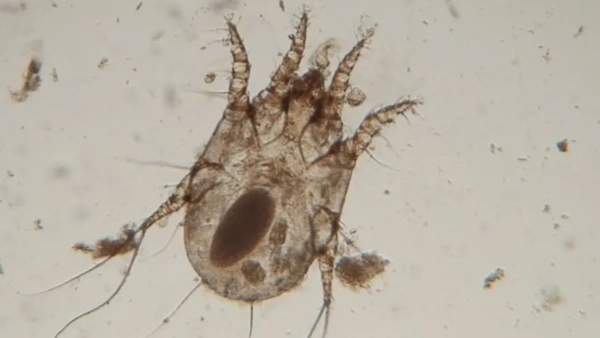
Dog Dust Mite Allergy: Symptoms, Treatment, Prevention
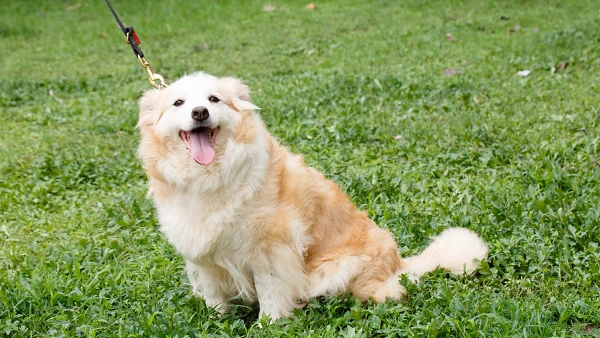
Can Allergies in Dogs Cause Diarrhea and Vomiting? Explained

10 Pitbull Health Problems You Should Know in 2025 — Tips


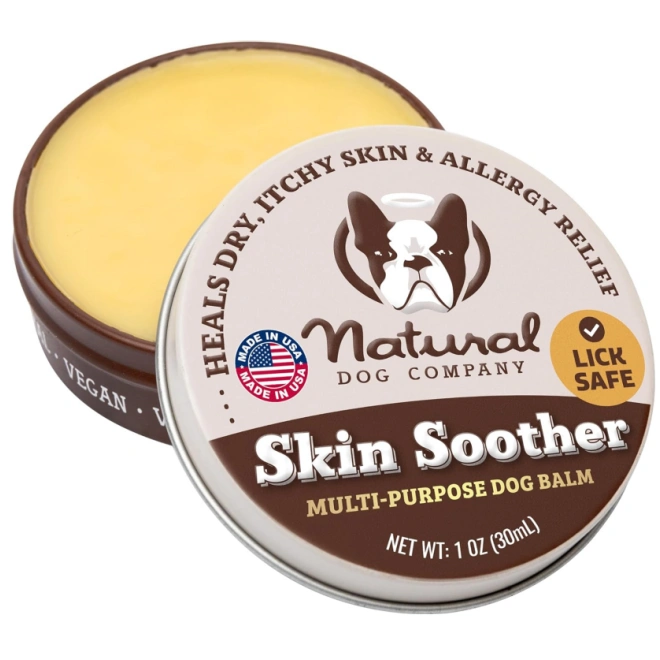
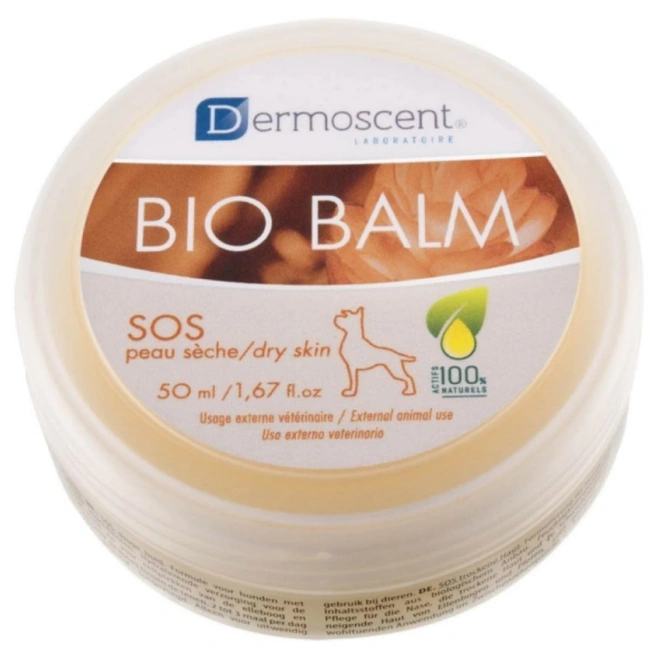
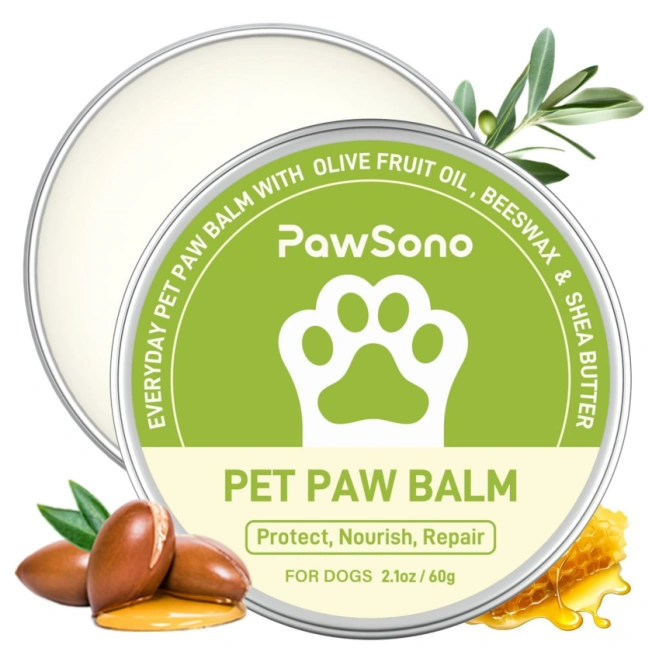









Leave a Reply